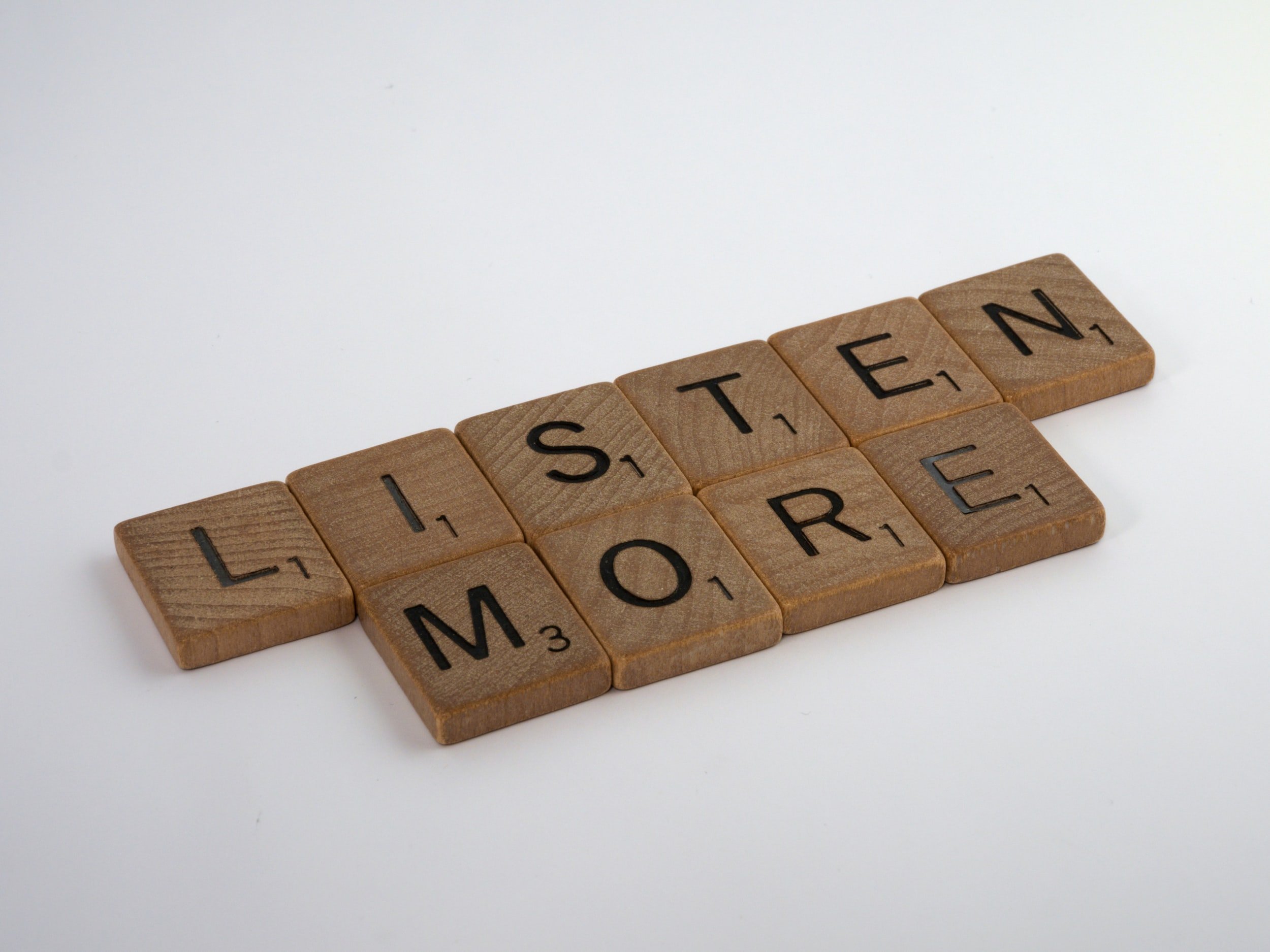Having tough conversations is a fundamental part of any close relationship, platonic, romantic, and/or sexual. Unfortunately, that fact doesn’t make them any easier to have. Whether you want to talk to a friend about their chronic lateness or to your partner about your needs not being met, or any number of other examples, this article will discuss important, widely applicable conflict management tips to help you through it.
1) Being effective versus being right
Even though digging in your heels and trying to prove your correctness might feel more appealing and satisfying than aiming for effectiveness, it will foster a much more contentious conversation. Being right might be more satisfying in the short term, but focusing on being effective will be far more satisfying and bring more peace to your life in the long term. In an ideal world, you wouldn’t have to choose, but when you do have to choose, effectiveness will ultimately serve you and the relationship far more.
2) Operate on the assumption that everyone is doing the best they can at any given moment…
…even if that “best” is not enough for you right now. We are all imperfect and no matter how much we wish we could always bring our best self to the table, that simply isn’t the case. No matter how much you disagree with the person sitting across from you, the assumption that you are both doing your best can mitigate feelings of resentment. Just because someone is trying their best doesn’t mean they shouldn’t be held responsible for where they get it wrong, but reframing their intentions in this way makes it easier to empathize, and therefore easier to have a productive conversation.
3) Reframe the conflict as a team versus a problem instead of person versus person
In a tough conversation with a loved one, instead of going head to head and focusing on how to prove the other person wrong, try to approach the conflict as the two of you against the problem together. In a healthy relationship dynamic, you will have something in common: a desire to reach a resolution and you should use that commonality to your advantage. Reminding the other person of this fact can help defuse intense moments so you can proceed to a more effective solution.
4) Use the GIVE skill from DBT
Dialectical behavioral therapy is a modified type of cognitive behavioral therapy which primarily aims to teach how to live in the present, healthily cope, improve interpersonal interactions, and regulate intense emotions. An interpersonal effectiveness DBT skill is “GIVE” which stands for: (be) Gentle, (act) Interested, Validate, (use an) Easy Manner. Being Gentle means being nice and respectful while avoiding judgment, blaming, or threats. Acting Interested refers to active listening. Validating involves showing that you understand the other person’s thoughts and feelings; for example you might reiterate your understanding of what they’ve just told you to ensure you’re on the same page. Finally, an Easy Manner means checking your attitude at the door and bringing your kindest self to the table.
Though we hope these tips will help you facilitate a kind, collaborative conversation, it’s important to keep in mind that utilizing them will not necessarily eliminate all unpleasantness and challenge from your interpersonal interactions. That being said, if you try these tips and you still feel unequipped, consider seeing a therapist like the ones at Embrace Sexual Wellness.





































